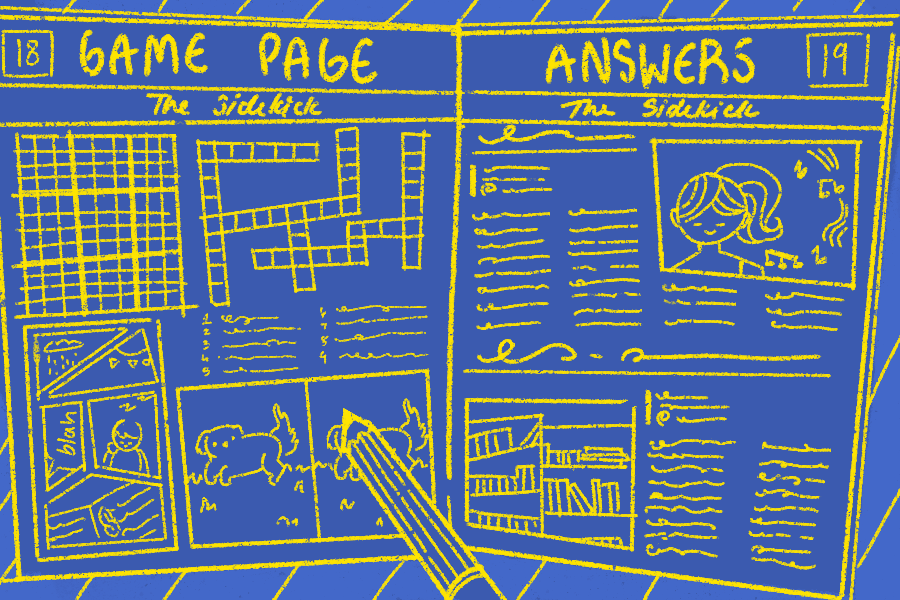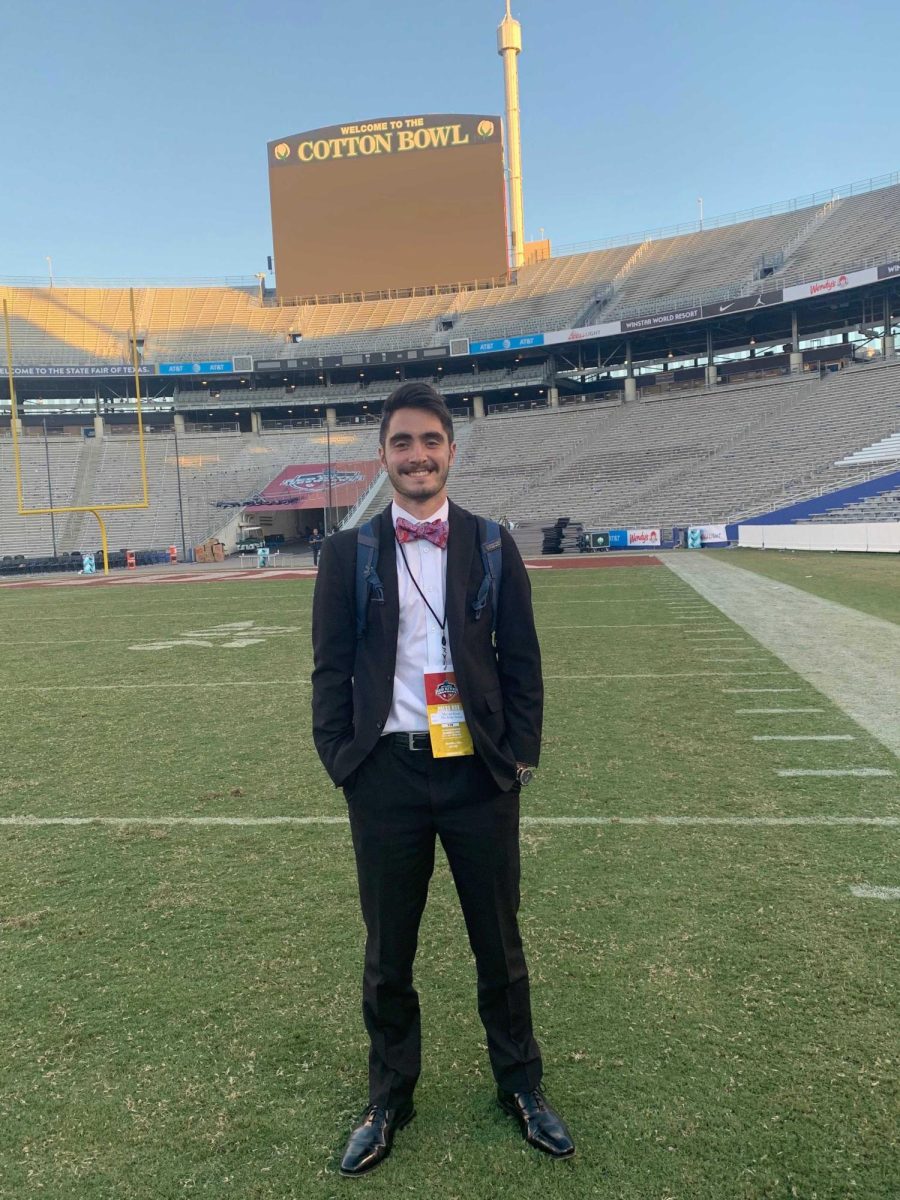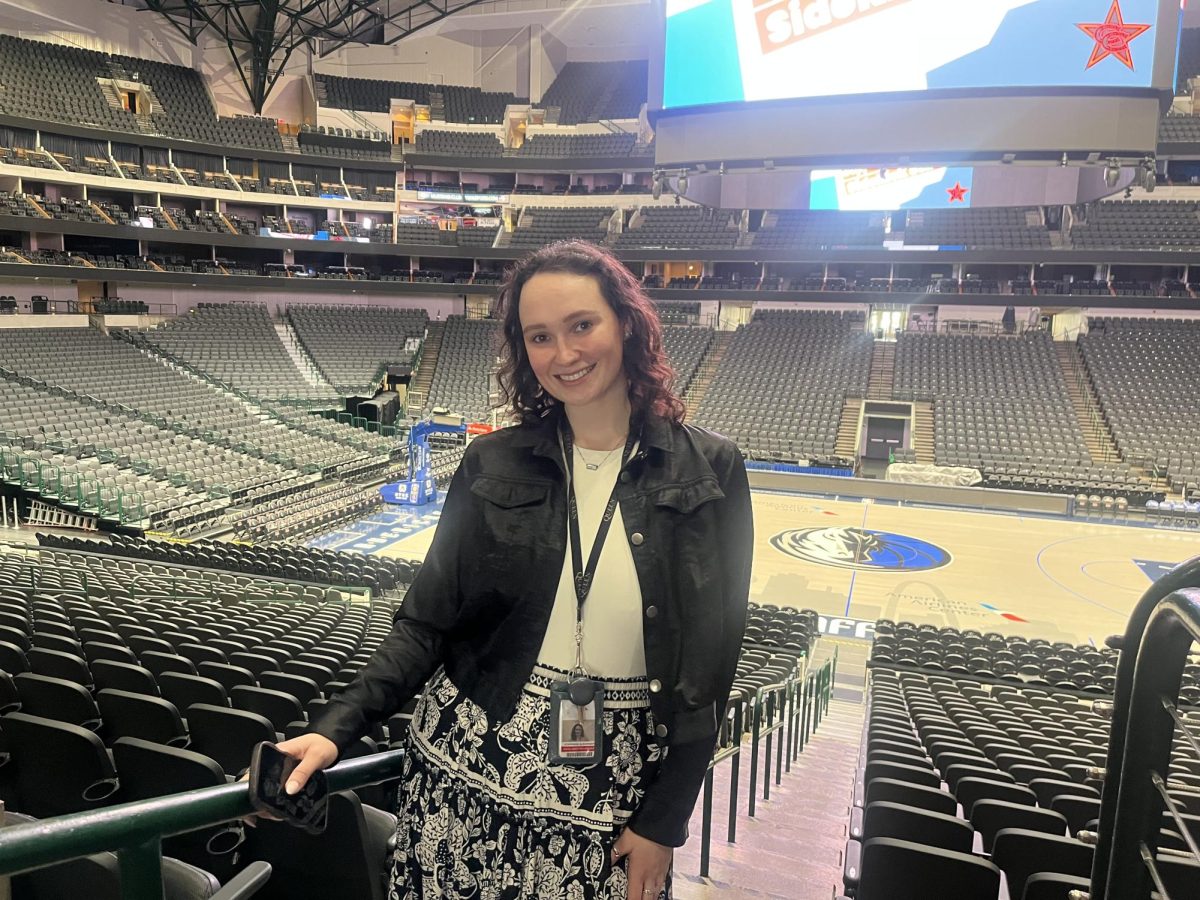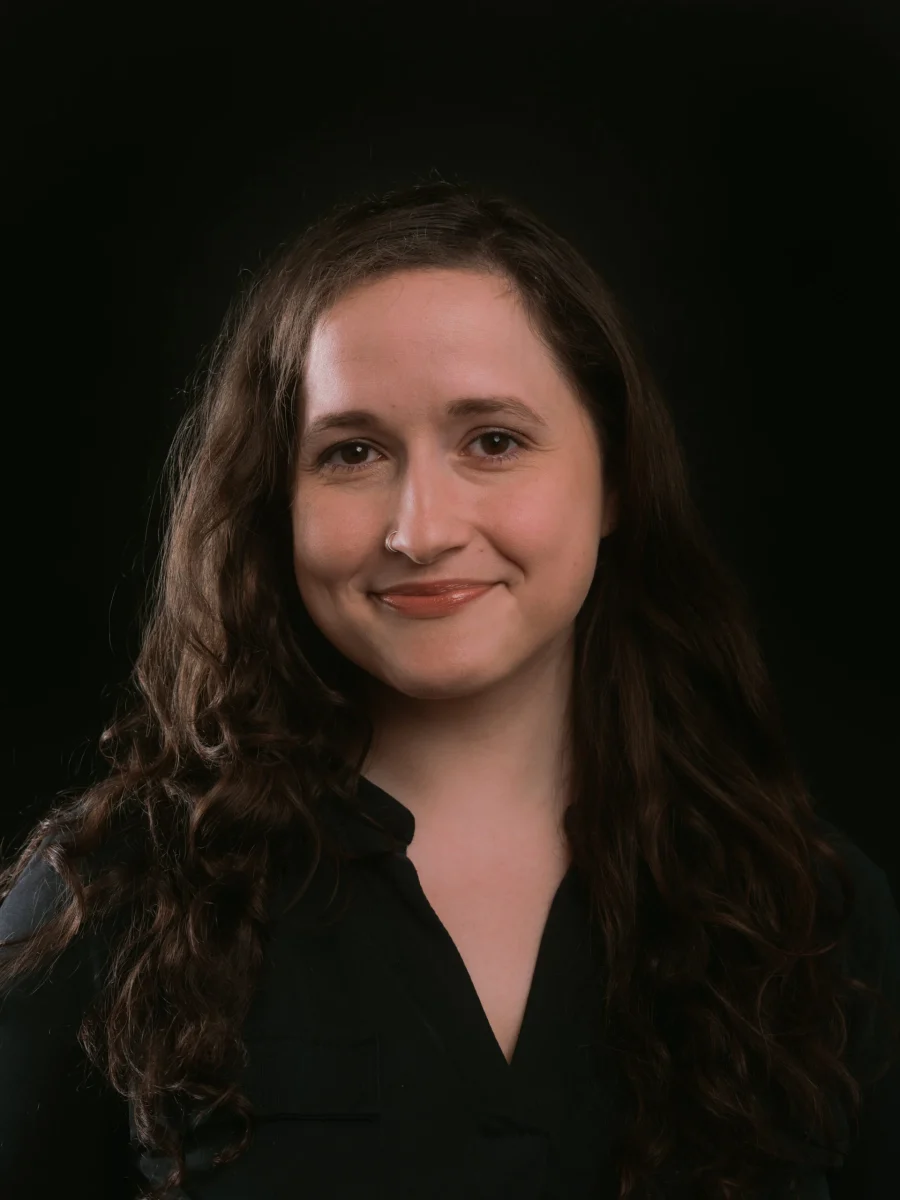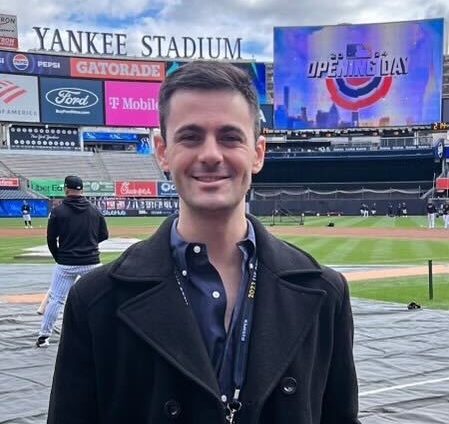Video edited by Bayley Zarrehparvar
Story by Ellen Cameron
The air is warm and sweet with the scent of foreign spices as a rich medley of English and Pakistani words plays as the soundtrack to the gathering and more friends flock to the home, ready to celebrate a feast during Ramadan.
Ramadan is an Islamic religious ritual lasting a month in which the participants awaken before the sunrise to eat, and then do not eat or drink again until after the sun has set, over t12 hours later. Families come together at night to pray and break their fast in a traditional meal called iftari, and then rise early the next morning to begin the cycle again.
“A lot of people think it’s just not eating or drinking,” senior Reihaneh Hajibeigi said. “It’s a test of your devotion to belief and God and religion. You have to live your life; you can’t just curl up and sleep.”
Of course, not everyone fasts during Ramadan. Children are exempt until they reach a certain age which varies from family to family, as are the old and sick, but all are obligated to participate by preforming community service or making up days they missed later.
For some students, Ramadan presents additional challenges. In her freshmen year, senior Sarah Omar passed out during marching band practice under the desiccating August sun. Hajibeigi also collapsed during a soccer game under similar conditions.
Freshman Moshera Elmougy refuses to march during band practice while fasting, and she is not alone; senior Hiba Ibad also gives up physical activity to observe Ramadan.
“This is the first year I’m fasting the whole month,” Hiba Ibad said. “Since freshman year, I’ve only fasted on the weekends. I’m part of the tennis team, and I just told my coach I’m not playing for the next month.”
Although the intensity of the hunger fades after a few days, the thirst is always there. Fasting takes a heavy toll on the body as the metabolic rates slows to a standstill, and nearly everything consumed is converted to fat for the body to burn for fuel.
But the suffering is not arbitrary, nor is it gratuitous.
The emphasis is on purity, willpower, devotion and, to some extent, empathy to those are starving in the world as a matter of circumstance rather than choice. Additionally, fasting is not considered “complete” unless the person refrains from inappropriate behaviors, such as lying and stealing, which enforces the pious life during Ramadan.
“It’s a time for me to self-reflect,” Hajibeigi said. “It’s a time to find time for God. It’s a time to take religions seriously and learn more about my religion and myself. If you need to make changes in your life, it’s a good place to start.”
After a month of this intense self-actualization, Ramadan ends. Eid, the last night of Ramadan, is a cause for much celebration and further serves to bring families together. However, perhaps the most important part of Ramadan is Laylat al-Qadr, “the night of power,” which occurs on an odd day less than 10 days before the end of Ramadan. It is considered to be the anniversary of the night the Qur’an was revealed to the Muhammad and is the pinnacle of the intensely religious month.
“I’ve definitely become more in tune with my religion,” Ibad said. “At the mosque during Ramadan, they have a prayer session at nine and we pray for an hour and say the different verses. Being with the community reinforces my faith in the religion.”
Unlike many Western religious practices that waxed and waned in popularity as cultures changed, the tradition is a Pillar of Islam and has remained untouched by time, being practiced virtually the same way for hundreds of years. The same prayers are recited in the same language with the same movements; the same foods are eaten; the same lunar calendar is observed.
Like the Christian holiday Easter, Ramadan is based on cycles of the moon. The holiday scoots forward by about 10 days every year, and repeats every 30 years. Ramadan itself also bears a striking resemblance to some Christian practices.
“Lent and Ramadan are very similar,” senior Sarah Omar said. “It used to be that during Lent, Christians couldn’t eat during the day, and in the Catholic church, they still can’t eat meat on Fridays. Islam is more intense, because during Lent and Ramadan, you’re not supposed to curse, but for Ramadan, you’re not supposed to think impure thoughts or talk back or lie. It’s a really humbling experience. I connect that to Lent a lot.”
Christianity has Ten Commandments; Islam, Five Pillars of Faith. Christianity has Lent; Islam, Ramadan. The details of Ramadan may be unknown, but the undertones of faith and purity has such a deeply inherent connection to other religions that it may be understood after all.
The gathering of families to celebrate and feast is certainly a concept familiar to all religions; while the words, foods and clothes change, the undertone of faith, and happiness, and joy remains the same.



